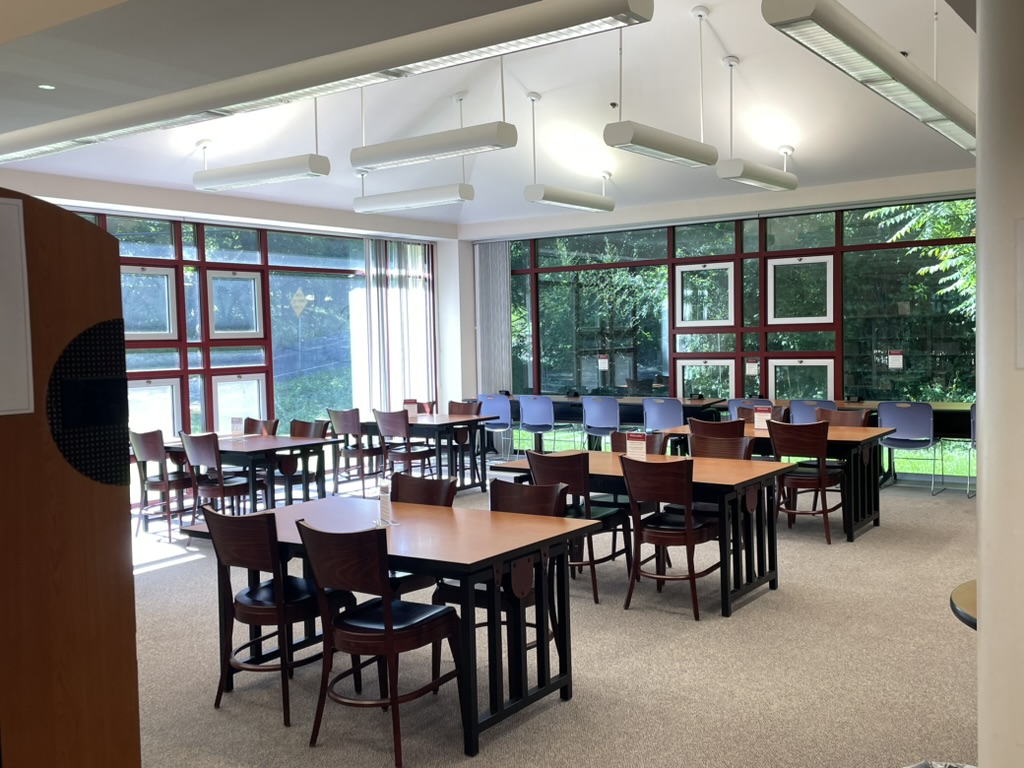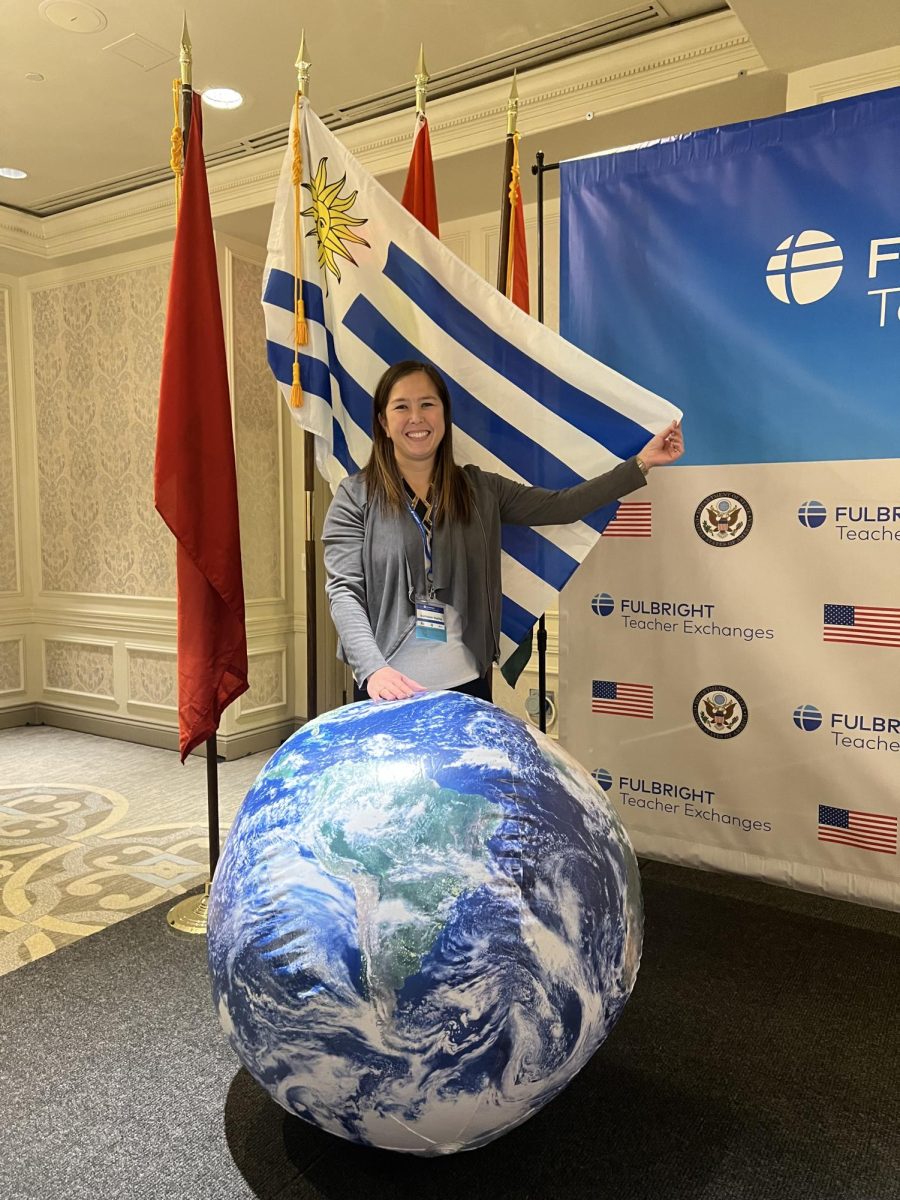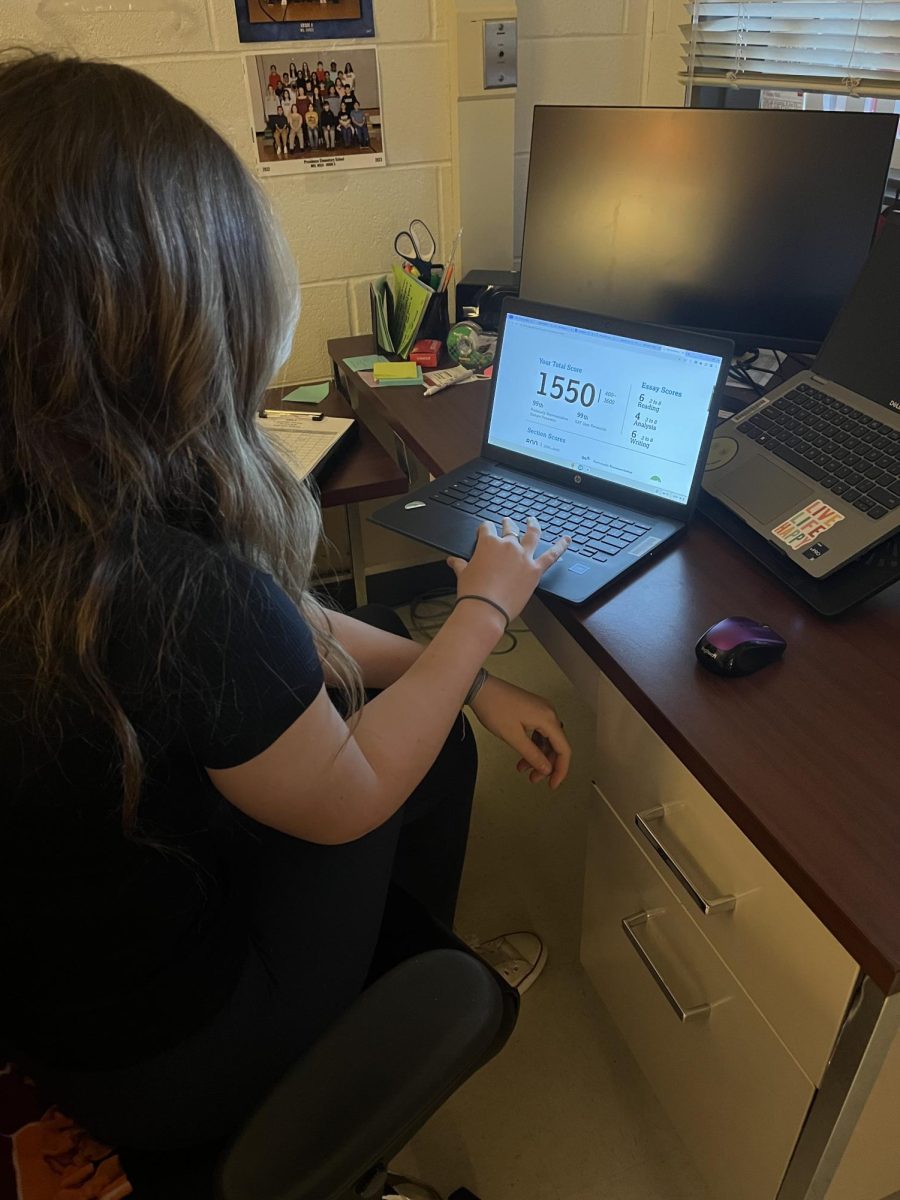College tuition is a word defined by most middle- and lower-class families in America as the bank-breaking four or more years required to obtain an undergraduate degree. With increasing competition for scholarships, paying for schooling has become that much harder. The majority of high school seniors and a growing number of juniors have been caught in the gridlock of deciding on which schools they wish to begin their college careers at and send applications to. Now, the possibility of attending a school overseas has come into play, becoming more popular than ever.
The amount of American college students attending college overseas fresh out of high school or transferring from an American university have been fluctuating throughout the years, according to an article published nearly a year ago on MSNBC.com. In the article, about 60 percent of the schools overseas had seen a drop in foreign enrollment from prospective students due to expenses such as tuition, room and board and airfare, even though interest in attending a foreign university has not faltered from interested student’s minds.
Today, though, with the world still drastically changing, new universities and opportunities have opened doors to students wishing to receive the most of their college education, which to many, includes attending universities overseas.
Just recently, the first class to attend the recently-built New York University of Abu Dhabi, located in the United Arab Emirates, began their first semester, combining about 150 students that come from 39 different countries into the new school. One of the students, who is a native of Michigan, is attending the university in the Middle East with all flights paid for while receiving an allowance of $2,000 a year from the school, according to Bloomberg.com. But NYU Abu Dhabi is just one of many American universities that have brought new opportunities to prospective students from around the world as they team up with other countries to build multiple universities worldwide.
Virginia Commonwealth University, which has a university located in Qatar, and Webster University, which has a university located in Thailand, join NYU Abu Dhabi as just a few of the fellow U.S. colleges that have teamed up with different countries to produce new opportunities for students globally.
“I personally think it’s a good thing if the American universities overseas could provide a U.S education, [because then] that would be recognized if said student ever wished to go to the U.S. and actually make a living for him or herself,” said senior Sam Gonzales, when asked about his opinion on the effect of American universities teaming up with foreign countries overseas.
But even beyond students only interested in attending an American university, (in or out of the U.S.), universities located worldwide have given students new perspectives on things that go far beyond just education.
Sammy Qabazard, an AHS alumnus from last year’s graduating class of 2010, is studying Chemical Engineering at Newcastle University in the United Kingdom and recommends the experience of attending a university overseas to anyone who has the choice presented to them.
“The great thing about studying overseas, for any duration, is being able to learn how to do things on your own and being able to work with people from any background,” Qabazard remarks. “I’m living in a house with under-grad and post-grad students from Romania, China, Greece and Spain. It’s a great experience meeting people from around the world and being able to work together with others from different backgrounds and cultures.”
But looking for the best education possible isn’t the only thing on students’ minds when deciding on which university to attend, because it is a known fact that college tuition can get very pricey.
“The tuition [of] most European universities are much cheaper than many universities in the U.S.,” Qabazard also mentioned. “However, I would recommend looking for a scholarship or maybe finding a decent-paying job if you are really up for the challenge.
In fact, tuition for some U.S. colleges can add up to more than $40,000 a year, even with President Obama’s fight to lower taxes for students attending college throughout the country.
But to many AHS students, even the added draw of lower tuition rates is not worth the time away from family and the added distance between them.
“I’d want to be able to come home and see my family and not be so far away from them,” said sophomore Ariam Tedla.
Even taking into consideration all the downsides, some students still revel in the idea of stepping into a new country and studying abroad, not only as a door to new opportunities, but as a way to open their eyes to a whole new culture and way of life.
Sophomore Christina Uglietta couldn’t agree more: “I think [studying overseas] is a good thing to do because you get to learn through different cultural perspectives and see different parts of the world.”
Since the world is more than just America, studying abroad is a great way to start viewing the big picture, and is an option that some students are actively considering as their college future begins to take shape.








